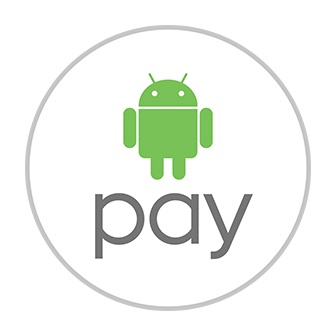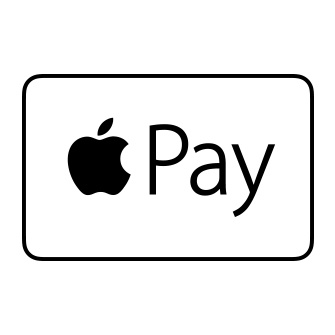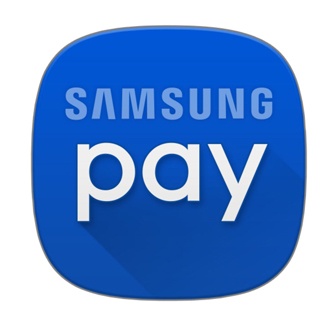Paper money is so 2015. Just pull out your phone and click to pay. But which one should you use?
You no longer need to carry a bulky wallet filled with numerous credit cards or cash. With a mobile wallet, you simply use your smartphone to pay for your transactions. Most electronic wallets are free and to begin, you just download the app on your smartphone. Many of these apps, such as Apple Pay, Android Pay and Samsung Pay, are becoming increasingly popular and compatible with many card readers, credit cards and banks.
Android Pay, Apple Pay and Samsung Pay are some of the most common mobile wallets available. Aside from the differences in mobile platforms, there are many advantages and limitations to each option.

Android
Pay
@BusinessConsulting
With Android Pay, you can add most credit, debit and gift cards to the application. You can also store all your loyalty cards within the application as well, helping you maintain reward points. With Android Pay you don’t need to open the actual application when making a transaction. Android Pay uses near field communication technology (NFC). This allows you to transmit all your credit card information between your phone and the card reader. If the store has a newer card reader and accepts this mobile wallet, you can simply hold your phone to the card reader, while the phone is open. There is no fingerprint authentication required with this application.
Security is always a concern when it comes to your financial information. Instead of using your actual credit card number and other personal information when you use Android Pay, this application uses a virtual account number, ensuring that all your personal information is secured on your phone. And if your phone is lost or stolen, you can easily lock the phone, create a new password or completely wipe all financial information until the phone is recovered again.

Apple
Pay
@BusinessConsulting
Android Pay and Apple Pay have many similarities. For example, when using Apple Pay, you also hold your phone unlocked to the card reader. However, Apple Pay requires fingerprint authentication for the transaction to be complete. You can pay with either your smartphone or with an Apple Watch. You can make in-app purchases as well as payments online using this mobile wallet. Apple Pay is also compatible with most credit cards and U.S. banks.
When you make a purchase using Apple Pay, your receipts are kept in your mobile wallet but the transaction information is not stored elsewhere. Like Android Pay, your credit card information is not used for the transaction. Instead, a specific number is used, eliminating the chance of stolen credit cards and fraud.

Samsung
Pay
@BusinessConsulting
Samsung Pay is much more limited than Android Pay and Apple Pay. This electronic wallet is only available on the newest Samsung Galaxy phones, Galaxy S6 Edge+, Galaxy Note 5, Galaxy S6 active and Galaxy S2 and S3.
When you use this electronic wallet, you can add any qualifying Visa, MasterCard or American Express credit cards. Additionally, more than 650 banks and credit unions support Samsung Pay. You can also add gift cards and loyalty cards, helping you more easily manage and use them. If a card has a barcode located on it, it can be stored on the electronic wallet.
When you pay using Samsung Pay, you access the card you wish to use on the app, validate your purchase and place your phone near the card reader. You can also pay for online purchases when on your phone by using Samsung Pay and verify the purchase with your fingerprint.
One advantage to Samsung Pay is it works with most card readers. It uses both NFC technology and magnetic secure transmission (MST) technology. MST technology emits a magnetic signal that acts like magnetic strip that you find on most credit cards. This allows you to use this electronic wallet at more terminals than similar applications.
When it comes to the security of Samsung Pay, numerous security measures are in place. You must verify every purchase with your fingerprint or by entering a pin number. Additionally, your credit card number is never used for transactions, instead a random set of number is used. If you fear storing all your credit card information on your phone, all account information is encrypted and stored in a data vault.

